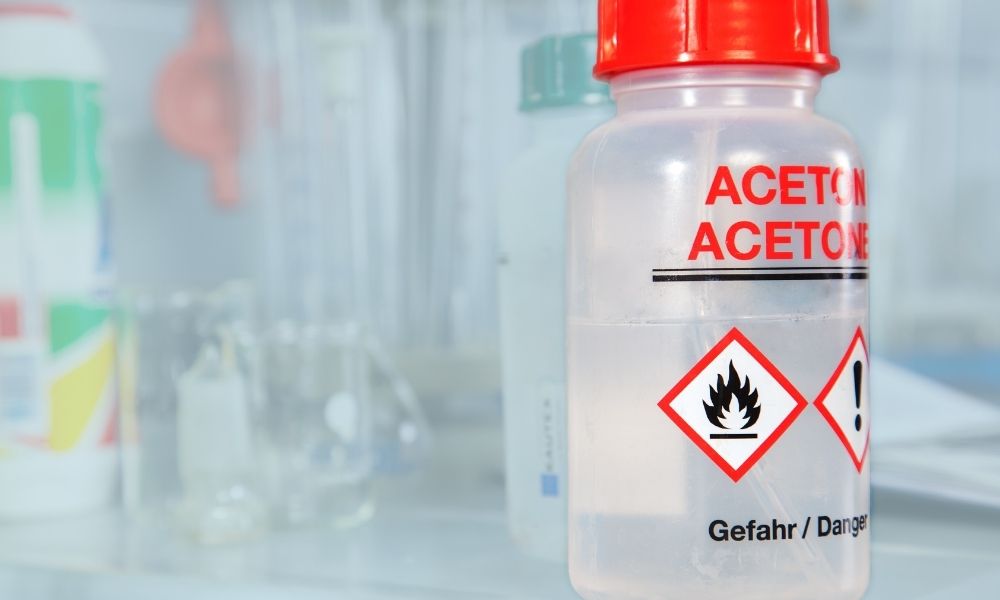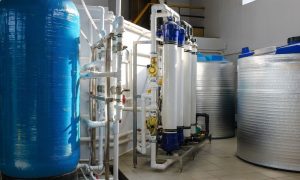When choosing a plastic for your custom parts, you’ll find that while some properties may recommend a certain plastic, other properties rule it out. One way to instantly rule a material out? The plastic chemical resistance chart. Before you do anything else, make sure you consult the chart so that your product can have a strong, long life.
If you’re curious about how acetone affects certain plastics, you should know it has no impact on some materials, while it will cause others to dissolve. It’s sold in a metal container for a reason. But some companies also sell acetone as nail polish remover in plastic bottles made of high-density polyethylene. The material makes a difference. As a plastic products company for five decades, we’ve ranked these materials according to how resistant they are to acetone.
Of course, some variables can affect the resistance of plastics: concentration, temperature, length of time, frequency, presence of other chemicals, and more. These ratings reflect plastics tested at ambient temperature.
Rated Excellent
Because the chemical makeup of these plastics is so different from acetone, any reaction is negligible for mechanical properties.
- FEP
- PFA
- ETFE
- ECTFE
- PCTFE
- PEEK
- Polypropylene
Rated Good
These materials won’t dissolve when exposed to acetone, but there are better choices. You can expect at least a minor effect they contact acetone.
- Ulltem
- Radell
- Polyethylene
Rated Fair
This category indicates that acetone would have a moderate effect on the plastic. On our chemical resistance chart, we just list one: acetal. If it comes into regular contact with acetone, your part will have a limited life.
Not Recommended
If acetone comes into contact with the plastics below, you can expect a severe effect, especially at a high concentration and over a long time. The chemical makeup of these plastics is too similar to acetone to resist it. The acetone will damage the plastic’s surface, softening it, smearing it, or even dissolving the plastic.
- PVDF
- Polycarbonate
- Polysulfone
- Cast Acrylic
- PVC
- CPVC
At Miller Plastics, we’ve seen how acetone affects certain plastics, and we never second-guess the chemical resistance chart. As a plastic products company for five decades, we can guide you to the best materials for your custom parts. Contact us or visit our state-of-the-art facilities in Burgettstown, PA, near Pittsburgh. We can help take your design from sketch to reality.




